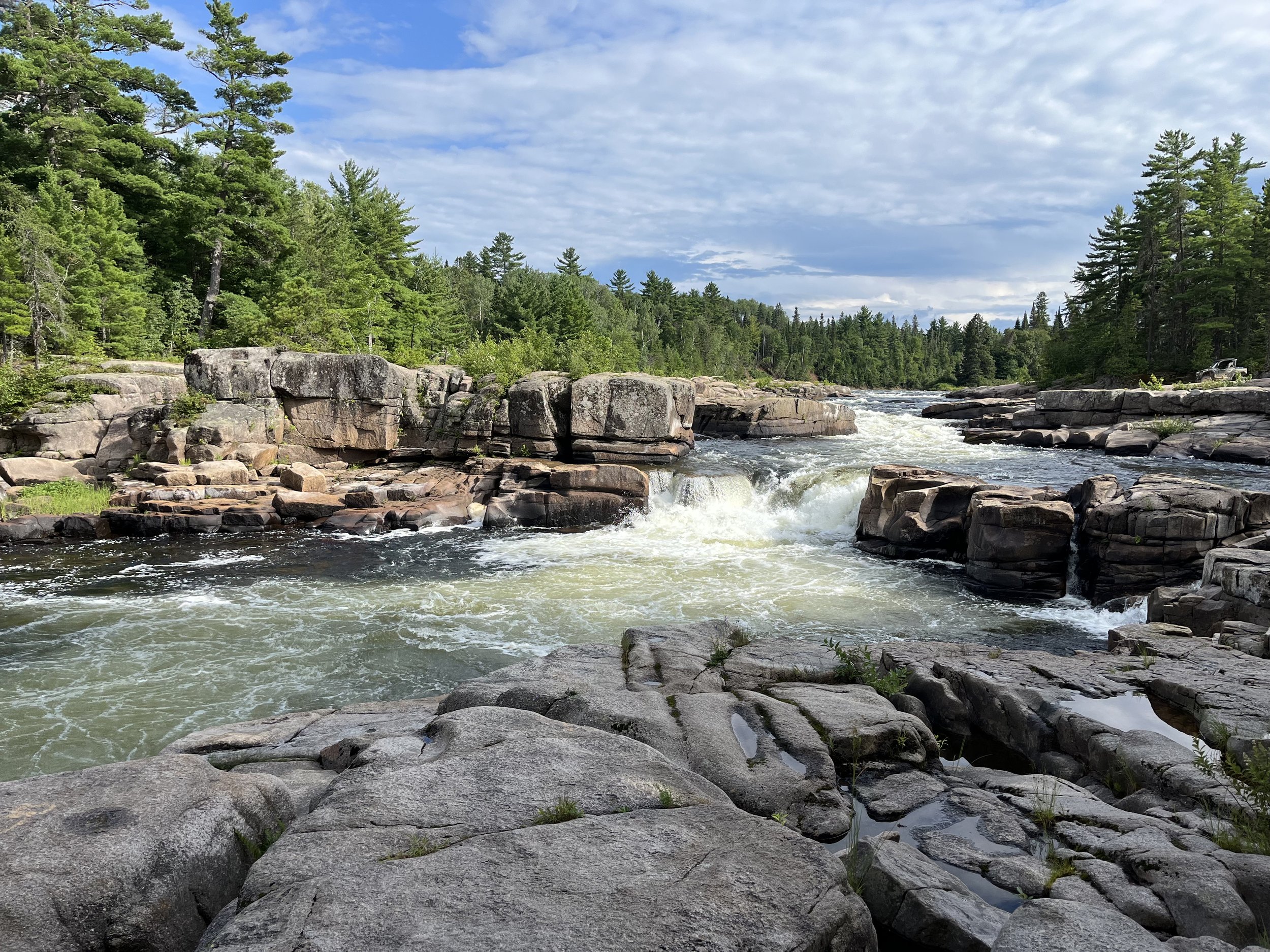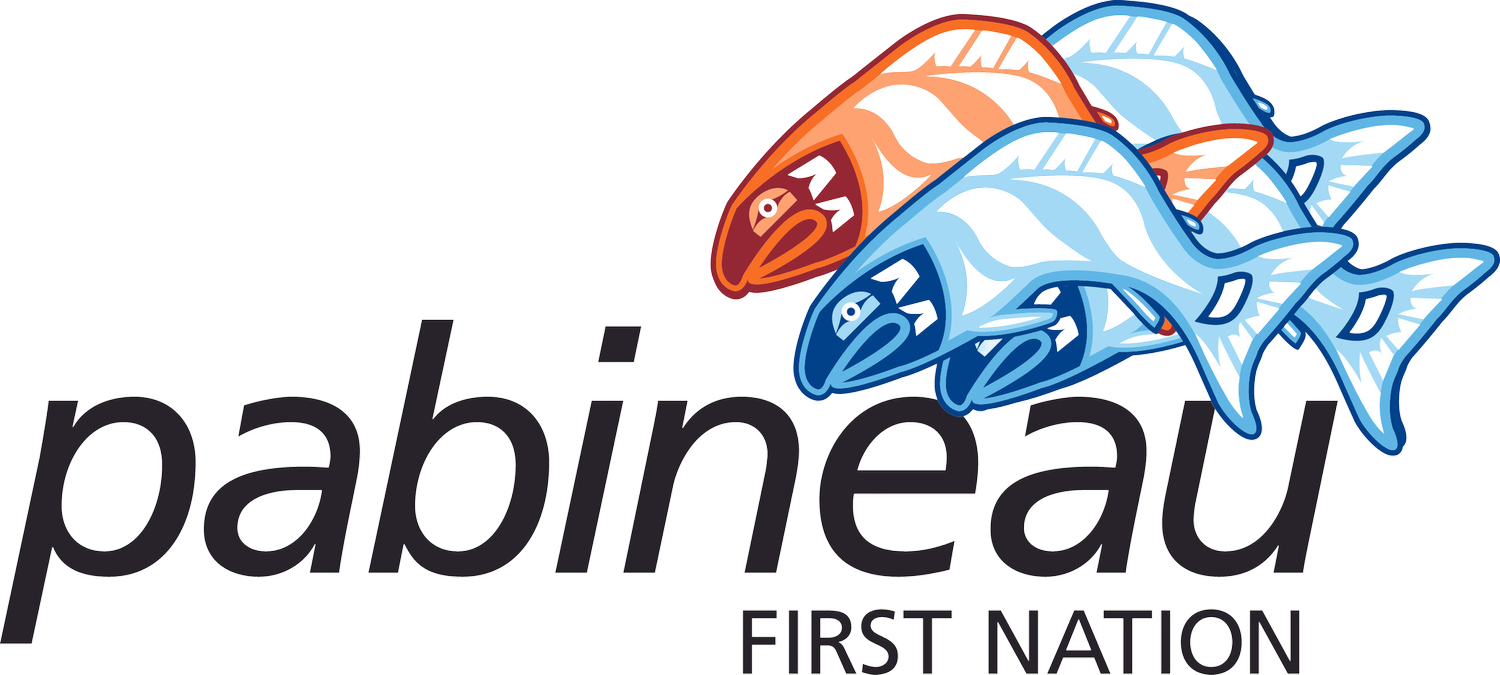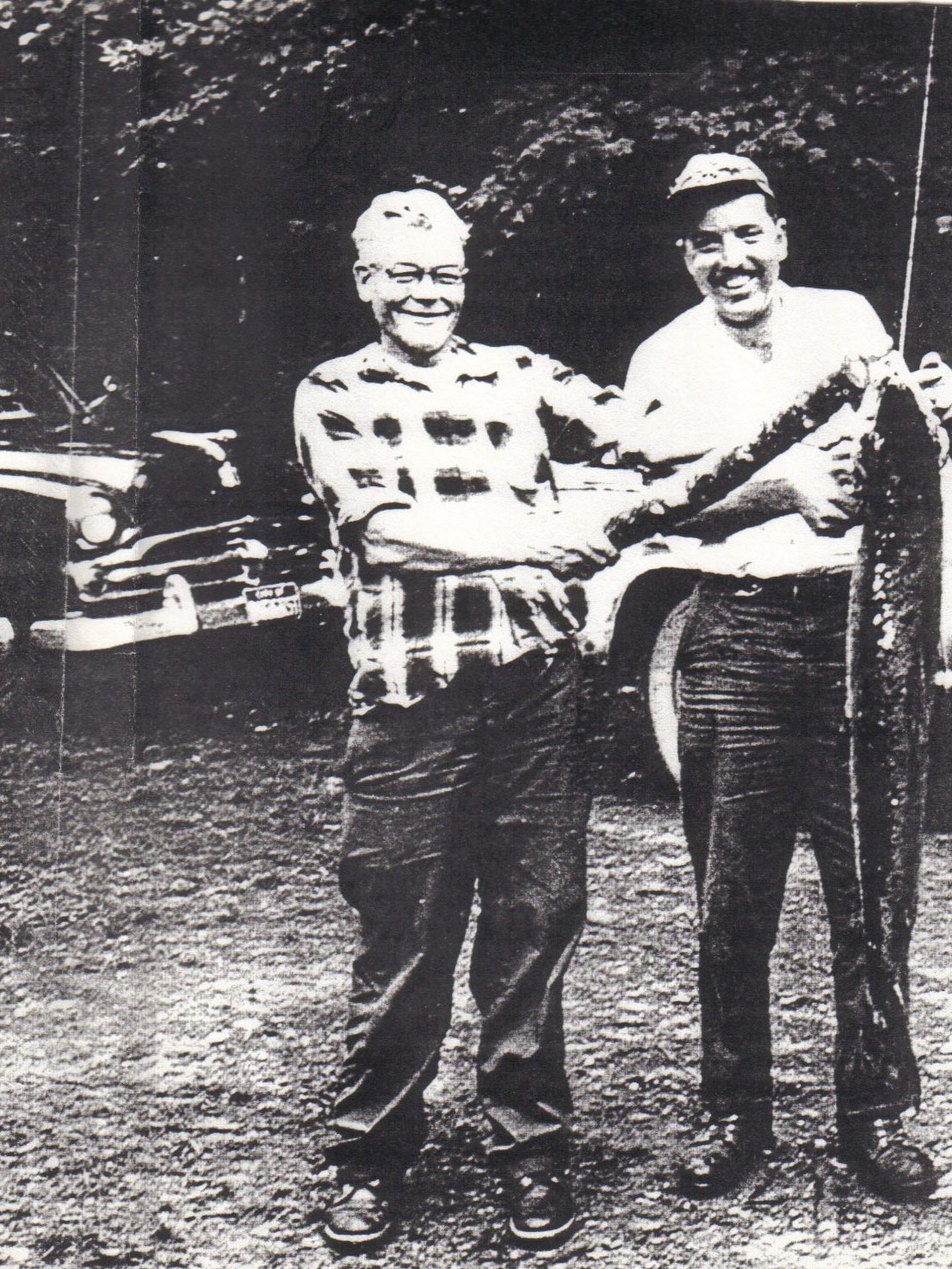
Water Treatment
Ensuring a Lifesource: The Crucial Need for Sustainable Clean Water in Canadian Aboriginal Communities
Access to clean water is a fundamental human right, a lifeline that sustains life and promotes health and well-being. While many of us often take this precious resource for granted, indigenous communities in Canada face an alarming reality – the lack of a consistent and reliable supply of clean water. This issue has plagued many Aboriginal communities across the country for far too long, and addressing it is not just a matter of convenience; it's a matter of human dignity, justice, and the overall well-being of these communities.
The State of Water Access in Aboriginal Communities
For many years, numerous Aboriginal communities in Canada have grappled with inadequate access to clean water. This issue is not only a violation of their basic rights but also undermines their quality of life and poses serious health risks. Despite Canada's reputation for abundant natural resources, the sad truth is that far too many indigenous communities struggle to access safe drinking water due to aging infrastructure, pollution, and insufficient funding.
The Health Implications
The lack of clean water has dire consequences for the health of residents in these communities. Contaminated water sources can lead to outbreaks of waterborne diseases, gastrointestinal issues, skin conditions, and other health problems. A lack of proper healthcare facilities and resources in these remote areas often exacerbates the toll of these health concerns.
The Importance of Sustainable Solutions
Creating a sustainable source of clean water for Aboriginal communities is not just about providing temporary relief. It's about implementing long-term solutions that address the root causes of the problem. Sustainable water solutions involve comprehensive planning, collaboration, and investment to ensure that clean water is available for future generations. This might involve revitalizing existing water infrastructure, implementing efficient water treatment technologies, and protecting water sources from contamination.
Cultural and Social Significance
Water holds immense cultural, spiritual, and traditional significance for many Aboriginal communities in Canada. It's not just a resource but part of their identity and heritage. Many cultural practices, ceremonies, and beliefs are intricately tied to water. Ensuring access to clean water is about meeting a basic need and preserving cultural connections and respecting traditions.
The Path Forward
Addressing the clean water crisis requires a multi-faceted approach. Here are a few key steps to make a positive impact:
1. Collaboration: Government agencies, non-profit organizations, and Aboriginal communities should collaborate to develop and implement sustainable water solutions. Pabineau First Nation has partnered with North Shore Mi’kmaq District Council to share expertise, resources, and insights to create effective strategies.
2. Investment: Adequate funding is essential for creating and maintaining sustainable water infrastructure. This includes modernizing existing systems, developing new tech, and training community members for maintenance and management.
3. Education: Raising awareness about the importance of clean water and properly managing water resources is crucial. Educational programs empower community members to take an active role in safeguarding their water sources.
4. Empowerment: Aboriginal communities should be actively involved in decision-making processes related to water management. Empowering our people to have a say in matters directly affecting the community is vital for creating sustainable solutions.
5. Advocacy: By raising awareness, communicating with policymakers, and seeking action, we collectively contribute to solving this issue.
Conclusion:
Access to clean water is a fundamental human right that should not be denied to anyone, regardless of their background or location. Our ongoing work to improve access to this resource is making a huge impact on our community. We are fulfilling a basic requirement by addressing this issue, respecting our culture, promoting public health, and working toward a more equitable society.
“Courts have approved the settlement between Canada and certain First Nations and their members who were subject to a drinking water advisory that lasted at least one year between November 20, 1995, and June 20, 2021.”
source: https://firstnationsdrinkingwater.ca
-

Steven Randy Peter-Paul
LEVEL ONE CERTIFIED WATER OPERATOR
Photo Left Ned, Right Steven
-
Ned Motty
Back-Up Water Operator
A key player in supporting the Water Treatment Plants Operation

